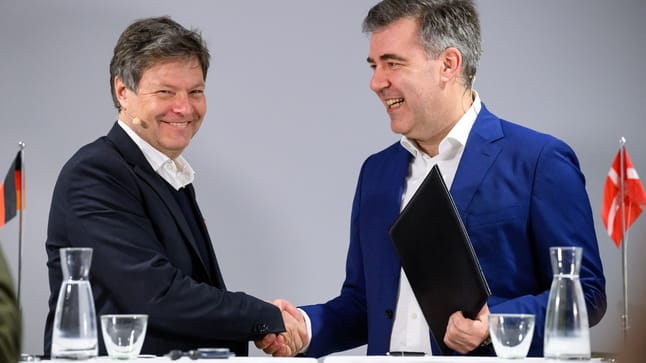The planned hydrogen pipeline connecting Denmark and Germany, crucial for industrial decarbonization, has been postponed from 2028 to 2031, according to Denmark’s Climate and Energy Ministry.

Denmark delays construction of hydrogen pipeline to Germany
The construction of a hydrogen pipeline from Denmark to Germany will be delayed until 2031, several years later than initially planned, as announced by Denmark’s Climate and Energy Ministry. A review by the state-owned company Energinet revealed that extensive environmental and safety studies are still required. Danish Climate Minister Lars Aagaard told the Ritzau news agency, “Sometimes we must acknowledge reality.”
The pipeline, agreed upon in March 2023 between Aagaard and German Economy Minister Robert Habeck, was intended to support Germany’s industrial transformation toward climate neutrality. “Green” hydrogen, produced using renewable energy from wind and solar, is expected to play a key role in making industrial production processes more environmentally friendly. While Germany plans to produce significant amounts of green hydrogen domestically, it must also import large quantities and aims to collaborate with other countries like Norway.
Project timeline and industry response
The section from the German border to the Danish city of Esbjerg is now scheduled for completion in 2031, with the entire pipeline to be finished by 2033. The German Economy Ministry stated that the delays would not affect the planned development of Germany’s hydrogen market, emphasizing ongoing discussions with Denmark to minimize delays. However, Achim Dercks, deputy managing director of the German Chamber of Industry and Commerce (DIHK), called the news another setback for companies relying on hydrogen for their operational climate neutrality. He noted that this delay, following the suspension of a joint Norwegian-German hydrogen production project in September, significantly hinders German industry. The DIHK advocates prioritizing the development of partnerships with international hydrogen producers and the establishment of corresponding infrastructure to maintain Germany’s competitiveness and achieve national climate goals.







